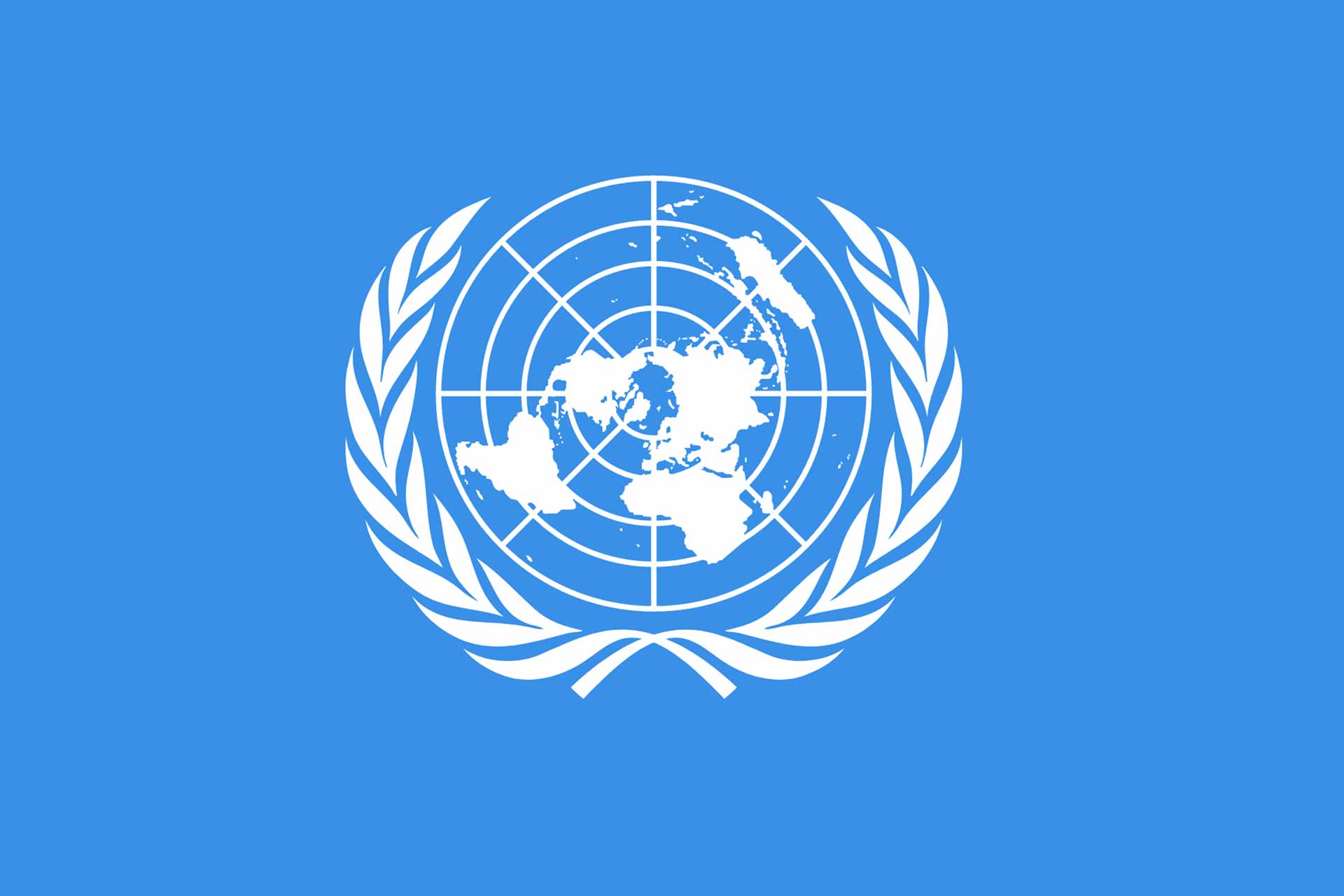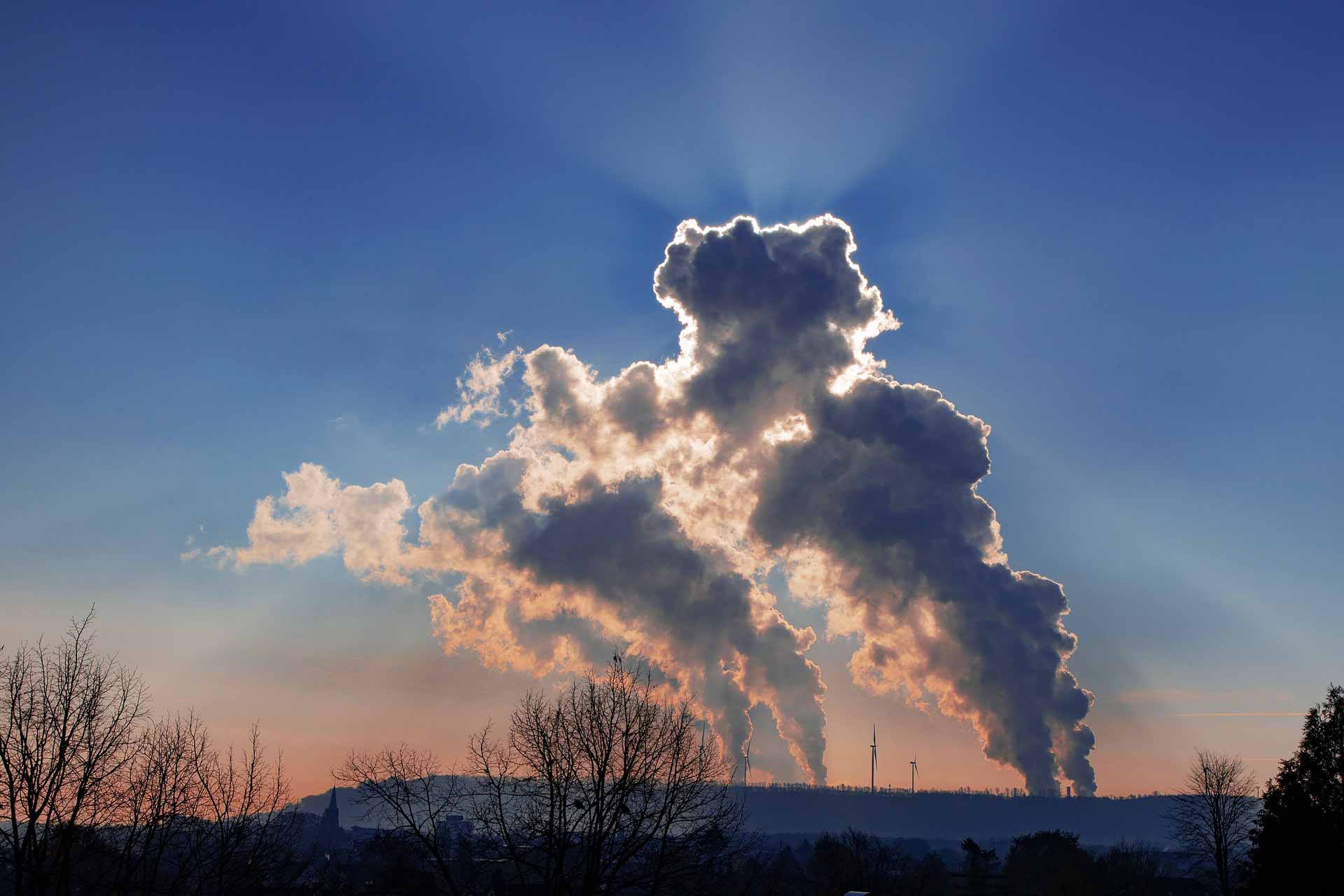At the ‘One Planet Summit’ for biodiversity, António Guterres declared 2021 as “the year to reconcile humanity with nature.” In a virtual address for biodiversity hosted, UN Secretary-General António Guterres declared 2021 as “the year to reconcile humanity with nature.” The French government in cooperation with the United Nations and the World Bank hosted the ‘One Planet Summit’.
He highlighted both the need to reach net zero carbon emissions by 2050 and to provide adequate finance to adapt to the impacts of climate change, which include more frequent and more severe incidents of drought, flooding and fires.
Nature is striking back – Humanity with nature
While we have been abusing our planet as if we had a spare one, he said, ‘nature is striking back’, with record-high temperatures and collapsing biodiversity. Recovery from the COVID-19 pandemic, however, provides an opportunity to change course: “With smart policies and the right investments, we can chart a path that brings health to all, revives economies, builds resilience and rescues biodiversity,” he said, citing nature-based solutions such as Africa’s Great Green Wall as being especially promising.
The Sahel region’s Great Green Wall Initiative received a major boost from the African Development Bank on the day of the One Planet Summit, with the bank pledging to assist in mobilising up to $6.5 billion over five years to advance the landmark initiative.
Main Goal of UN in 2021 Is Coalition for Carbon Neutrality
The main goal of the United Nations in 2021, Mr. Guterres said, is to build a truly global coalition for carbon neutrality. He spoke of a new momentum emerging, with many large emitters already having committed to achieving zero net emissions by mid-century, adding that every country, city and business must adopt an ambitious roadmap to achieve the same goal.
The time has come, he said, to ‘shift the fiscal burden from taxpayers to polluters and to align public and private financial flows with the Paris Agreement commitments and the Sustainable Development Goals.’
UN75: 2020 and beyond humanity with nature
The world spoke. The UN listened.
The UN chief underscored the urgent need to address the lack of adequate funding to help the most vulnerable adapt to the effects of climate change, with adaptation efforts currently accounting for only 20% of climate finance, and only 14% of climate finance dedicated to the least developed countries.
This was far from enough, he said, ‘especially to protect small island States, which face an existential threat’, adding that this year’s UN Climate Change Conference, COP26, taking place in Glasgow in November ‘cannot be another missed opportunity.’
UN75: The Future We Want, The UN We Need
The need for climate action has clearly now become a top priority for the world’s people. Speaking in London yesterday during a virtual event to commemorate the 75th anniversary of the first meeting of the UN General Assembly, Mr. Guterres spoke of a global survey conducted by the UN last year where more than 1.5 million people in 195 countries shared their short- and long-term priorities. The survey report showed that respondents in all regions identified climate change and environmental issues as the number one long-term global challenge.
TOP KEY FINDINGS
- More than 1.5 million people in 195 countries shared their short- and long-term priorities, their ideas for action and their calls for a more inclusive, transparent UN to lead the response to pressing global challenges
- As COVID-19 reversed progress in human development and widened inequalities, many prioritised access to basic services and support to the hardest hit places and communities in the short-term
- Respondents living in lower human development countries and those living in conflict situations tended to express greater optimism about the future
- While they expect access to health services to improve over the next 25 years, respondents in all regions identified climate change and environmental issues as the number one long-term global challenge
- Other longer-term priorities vary according to income levels, but include rising concern with employment opportunities, respect for human rights and reducing conflict
- 97% of respondents believe that international cooperation is important for addressing global challenges, with variation in the degree of importance across regions
- Many respondents look to the United Nations to lead in international cooperation to address immediate and longer-term global challenges, and many also want the Organisation to innovate – to be more inclusive, engaged, accountable and effective.















